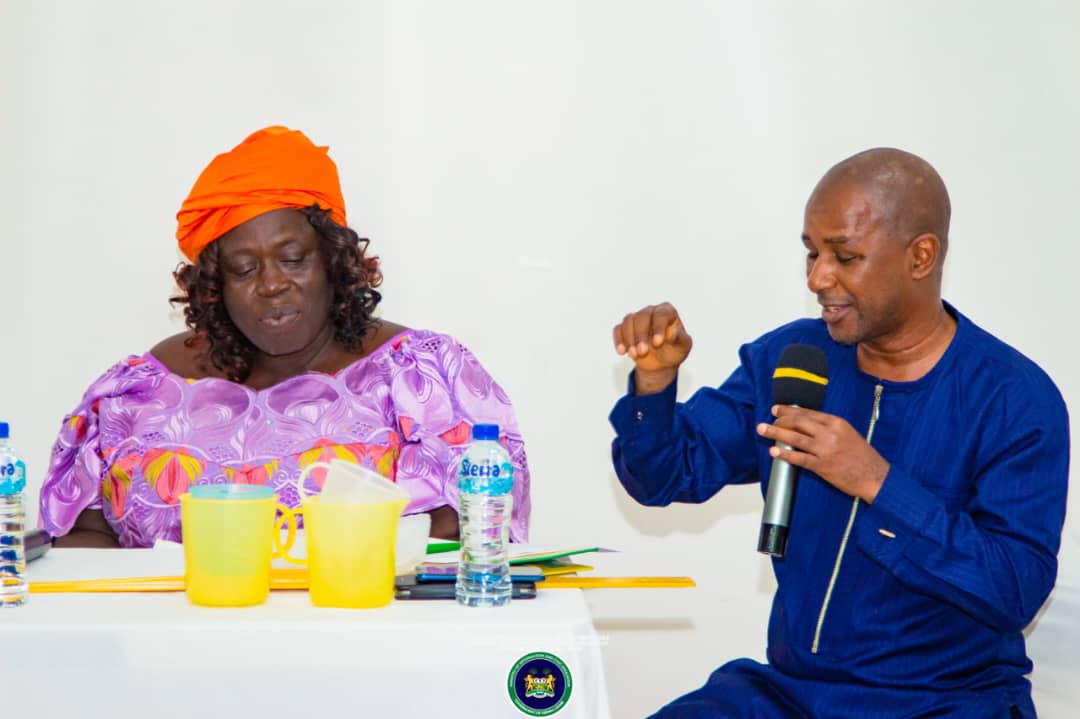Deputy Executive Director of the Standards Bureau, Jogor Bah, has announced the rollout of standardized market measuring tools for essential commodities such as rice, palm oil, sugar, and pepper. This initiative, launched at the Ministry of Information and Civic Education’s weekly press briefing on Tuesday, October 29, 2024, aims to ensure consistency in pricing and fair trade practices throughout Sierra Leone’s markets.
Jogor Bah told pressmen that following extensive consultations with petty traders across the country, the Standards Bureau will begin implementing the new measuring cups in November, with an initial focus on the Western Area. The plan will then extend to all regions nationwide, unifying market measurements and enhancing consumer protection.
Deputy Executive Director Bah highlighted the Standards Bureau’s commitment to quality assurance, noting that the bureau is responsible for establishing criteria that products must meet before they can be traded or exported. He explained that the new measuring cups are designed to replace the various bottles and containers currently used to measure commodities like cooking oil, palm oil, and palm kernel oil. Other staple goods, such as rice, sugar, salt, and groundnuts, will also see standardized measurements introduced. Bah demonstrated the new measuring tools, emphasizing the active role of market associations and the Traders Union in facilitating this transition.
Speaking on behalf of market women, Chairlady of Congo Market Chief, Ya Alimamy T. Fofanah, expressed appreciation for the government’s efforts to incorporate informal sectors into standardized trade practices. “We are the government, and the government is us. We should go side by side,” she remarked, underscoring the importance of equitable measures for all stakeholders.
Chief Ya Alimamy also praised the improved foreign exchange rate, which has eased the burden on traders who source goods internationally. Previously, due to high exchange rates, market women had to combine resources in large groups to purchase goods, making independent business travel challenging. “With the help of the foreign exchange rate, it is a relief for us as business people,” she stated, noting that they now feel empowered to manage their businesses independently.
In addition, Ya Alimamy advocated for government support in upgrading local market infrastructure and authorities to consider rehabilitating existing facilities and constructing new, quality-standard structures to improve the market environment for traders and consumers alike.
This rollout of standardized measurement tools marks a significant step forward in promoting fair trade and enhancing consumer confidence across Sierra Leone’s markets.



